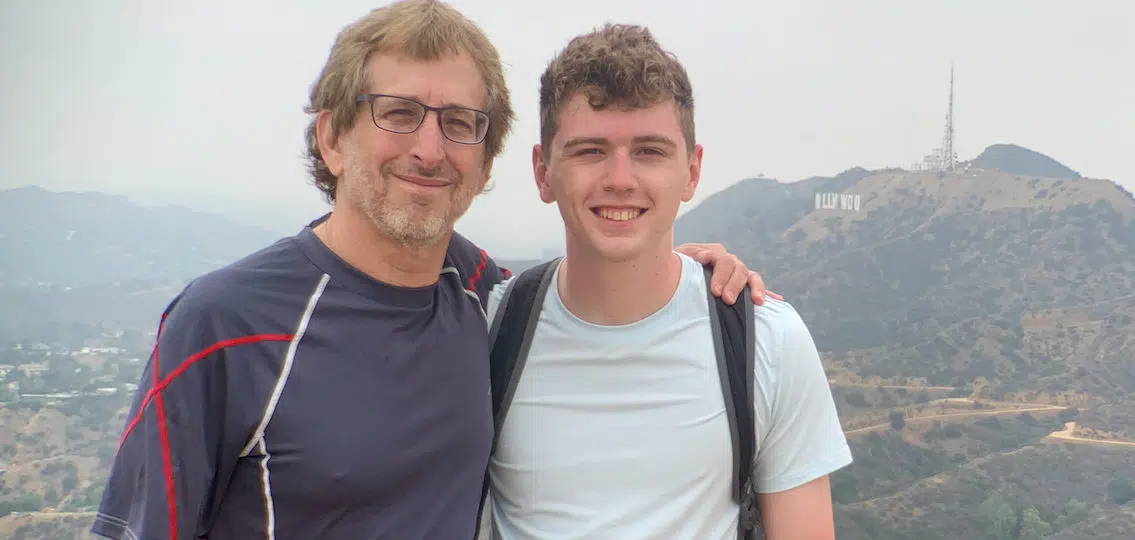I’m a death educator. I help others deal with loss, so I assumed I could easily navigate the changes when my only child left for college. I was wrong.
I’m also a single dad and a college professor. I was blessed to have a child-centric schedule, yet I knew that the daily fatherhood gig would eventually end when my son became a dorm rat.
If there is an upside to expected loss, the forewarning lets you prepare for the impending changes. Parents have years to plan for kids leaving home. It’s not like we expect our children to say, “I don’t ever want to leave you, and I want to live in the basement forever, pretty please.”
My strategy for the “what-to-do-without-child” syndrome was to overdo professional and personal commitments. I embraced the busyness addiction, kept myself preoccupied, and forgot about soccer season.
My son flew away two years ago. It was brutal, but I was so proud that I outsmarted grief by proactively overscheduling my days.
But I forgot about the mornings.
Grief is clever. Very clever. You can try to avoid loss, but grief will hunt you down, bite you in the psychic rump, and leave a lasting scar. A week after the kid left, grief caught me alone with my morning cup of coffee and reminded me what I was missing.
For 18 years, I did the parent-child three-step morning dance. The wake-up revelry: “Are you up yet, really up, and actually out of bed?” The breakfast nutritional lesson: “You need to eat real food, and Pop-Tarts don’t count.” The parting inquisition: “You have everything, are you sure, and where’s your jacket?”
Grief didn’t need to shove my face into the memories. Instead, one reminder of the old morning routine triggered an avalanche of reminiscences and an overwhelming cascade of emotions. Grief crushed me.
It took time to mourn the all-grown-up thing, but I eventually learned to live with the changes of the single parent empty nest. And then, the pandemic paid a visit.
At the beginning of the pandemic, I enjoyed having my son return from the dorm to live in his teen cave. It felt like I was getting bonus fatherly time. Plus, I finally beat him at Mario Smash Bros.
Yet, masking, online learning, and everything related to the pandemic quickly dampened my enthusiasm. I also witnessed, in slow-motion, the emotional and psychological impact of a 20-something involuntarily sequestered.
The perks of living at home, such as 24/7 foodservice and complimentary laundry, didn’t compensate for what my son was missing: friends, autonomy, and privacy. The losses impacted his appetite, motivation, mood, sleep, and GPA. Grief crushed him.
Thankfully, the vaccine and other factors finally allowed my son to return to campus for a “normal” school year.
Yet, I’m not reliving the angst I felt with the first go-around of becoming an empty nester.
I loved the extra time with the kid, yet I wanted my son to go back to school. The pandemic adversely impacted his development, and it wasn’t because of Daddy’s improving gaming skills. My son missed out on all the invaluable life touchpoints and lessons learned from peers.
I love and support my son, yet I’m no substitute for his friends. And a well-stocked teen cave is no match for the experiences offered at a college campus. Moreover, no parent can fulfill the developmental needs of a young adult.
I learned an invaluable parental insight from our pandemic experience: For my son to reach his full potential, he needs to return to college.




